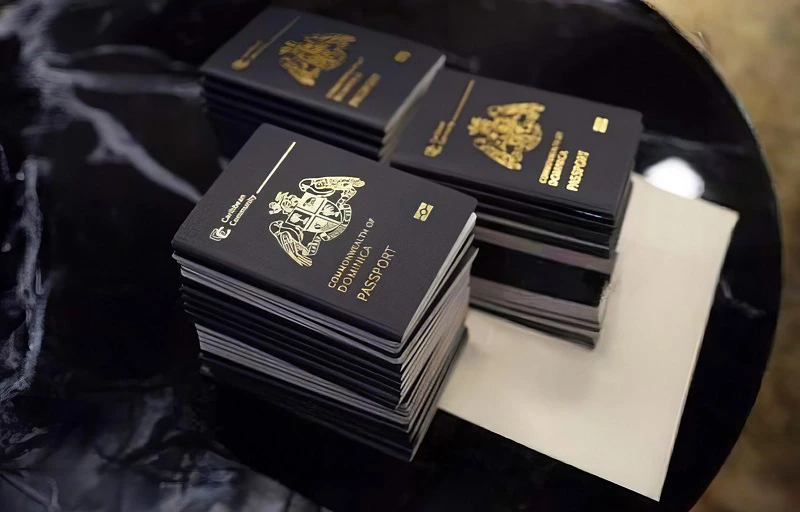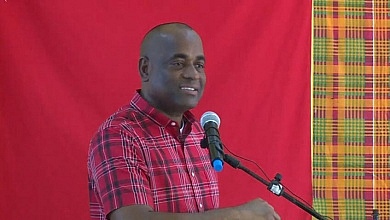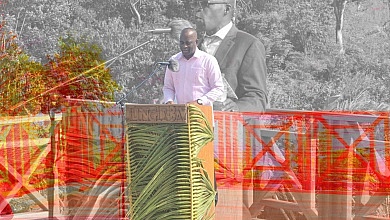
Peering into the Murky History of Dominica’s ‘Golden Passports’
In a revelation that sheds light on the shadows within the realm of Caribbean citizenship, an investigation by 15 international news organizations in collaboration with the Organized Crime and Corruption Reporting Project (OCCRP) has uncovered a disquieting reality behind Dominica’s Citizenship by Investment (CBI) program.
What makes these revelations disconcerting is the discrepancy between the CBI program’s rigorous due diligence claims and the actual backgrounds of those who secured Dominican citizenship.
Dominica’s government had asserted the presence of a multi-layered checks and balances system administered by top-rated due diligence agencies. However, the report shatters this illusion by exposing instances where passports were granted despite individuals facing legal troubles elsewhere.
A poignant example presented in the report is that of Rakesh Wadhwa. Despite having ongoing legal issues in Nepal, Wadhwa was seamlessly granted a Dominican passport in 2016. He attested to the expedited process, which involved a Dubai-based company called Citizenship Invest and the involvement of an American firm tasked with due diligence. Astonishingly, he remarked that the compliance company did not scrutinize his ongoing legal disputes, even if they were exceedingly intricate.
Further highlighting the deep-rooted problems within the CBI program, the report delves into the cases of Jordanian businessmen Mutasem Faouri and his father Fayez. Both were recipients of Dominican passports in 2010, and only two years later, they faced charges of defrauding investors of millions of dollars, leading to their imprisonment. In the midst of legal turmoil, Mutasem went on to set up businesses in the United Kingdom, listing his nationality as “Dominican.”
Similarly, the investigation discloses the case of Spanish citizen Pedro Fort Berbel, who acquired Dominican citizenship in 2015. Two years later, he was accused by the U.S. Securities and Exchange Commission (SEC) of orchestrating a Ponzi and multi-level marketing scheme worth tens of millions of dollars.
The report underlines the critical concerns raised by the UK, which once offered citizens of Dominica visa-free access. The UK later imposed visa restrictions on Dominican travelers, citing “clear and evident abuse” of the CBI program. The British Home Secretary, Suella Braverman, emphasized that Dominica was granting citizenship to individuals posing a risk to the UK.
While Dominica’s CBI program has undoubtedly contributed to its financial well-being and has attracted over 70 companies involved in the private passport business, the shadows cast upon this initiative persist. The exposure of these discrepancies in due diligence processes presents a critical challenge to the credibility and transparency of Dominica’s CBI program.
In the face of mounting international scrutiny, Prime Minister Roosevelt Skerrit addressed the allegations, noting an attempt to tarnish the program’s reputation. His assurances of robust due diligence processes remain intact, yet the investigation has certainly cast a shadow on Dominica’s golden passport scheme.
With its remarkable financial success, the Dominica CBI program is a complex and multifaceted entity, providing invaluable funds for Dominica’s development and governance. It remains to be seen how these revelations will impact the future of this program and the political landscape of Dominica.
This article is copyright © 2023 DOM767








